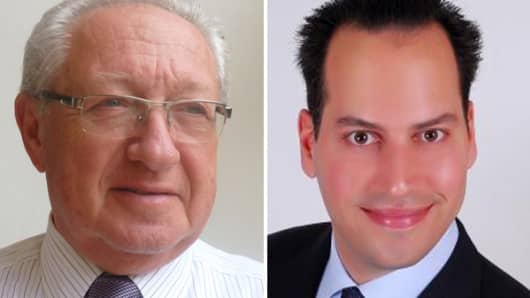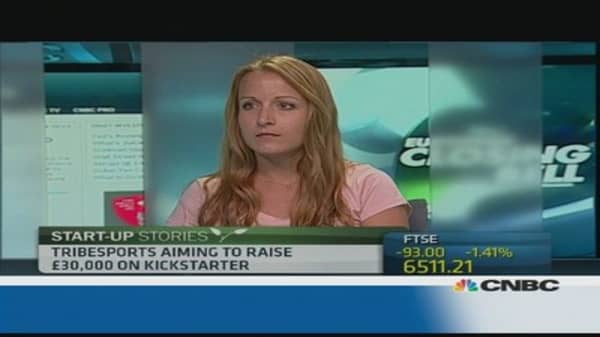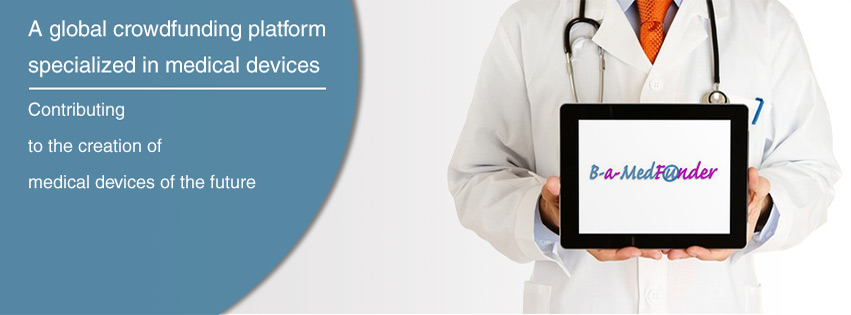Here's a prescription for cash-strapped medical device inventors: Crowdfunding.
A new Web company is taking advantage of the trend of Internet-enabled public funding of projects by offering to connect inventors of smaller medical devices from around the world with people who can give them the cash they need to get off the ground.
"There are people in many different countries that have bright ideas, and they don't have the contacts in order to show them," said Daniel Yachia, co-founder and chief medical officer of the new online crowdfunding company B-a-MedFounder.
"If you're not well-connected to big companies or funding yourselves, it's very difficult to get funding for your idea," he said.
"We are giving them a stage to show," said Yachia, a professor of urology at Technion-Israel Institute of Technology in Haifa who holds more than 30 medical device patents.
He founded the site with his brother-in-law's son, Sedat Barokas, who has worked in private equity and investment banking at Turkven Private Equity in Turkey, and JPMorgan in the United States.
B-a-MedFounder is just Yachia's latest venture. In 1996, the medical stent company InStent that he co-founded was sold to Medtronic for $200 million.
Other websites, including MedStartr and HealthFundr, are offering similar crowdfunding opportunities for inventors and funders in the health sector. But unlike those sites, B-a-MedFounder is focused exclusively on obtaining financing for smaller medical device projects.
(Read more Spare cash? Maybe you should back a Hollywood film)






